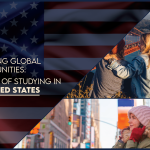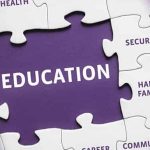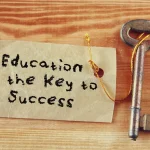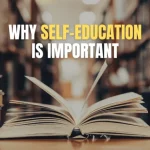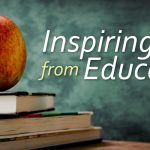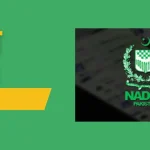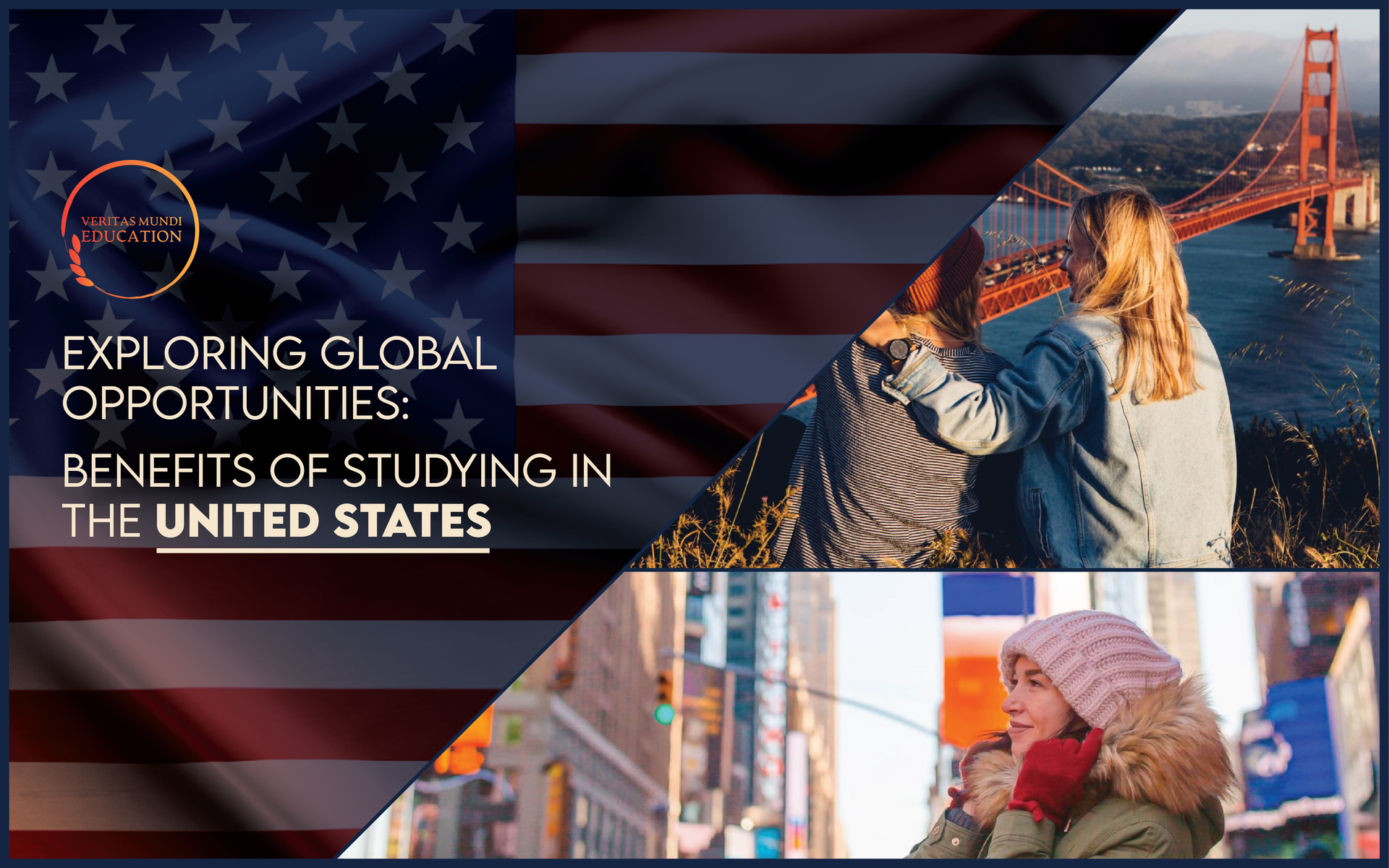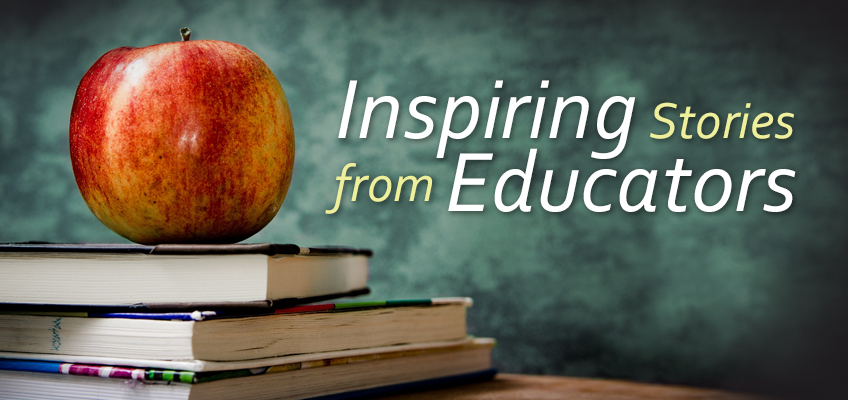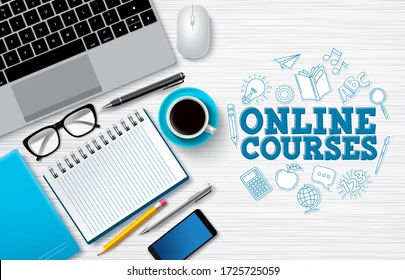Education is Essential for Life
Introduction
Education is the cornerstone of human development. It is more than just a system of acquiring knowledge; it is a lifelong process that shapes our values, skills, mindset, and understanding of the world. Education empowers individuals, uplifts communities, and drives the progress of nations. In today’s rapidly evolving world, the significance of education has increased manifold. From basic literacy to specialized skills, education forms the bedrock of a productive and meaningful life.
This article explores why education is essential for life, covering its personal, social, economic, and moral dimensions.
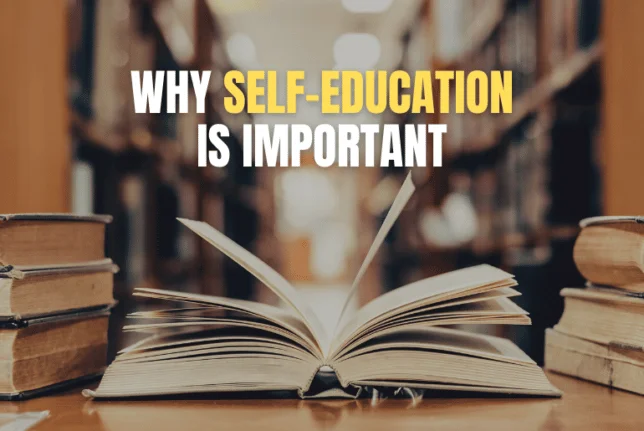
1. The Foundation of Knowledge and Skills
The most immediate and visible impact of education is the acquisition of knowledge and skills. From early childhood to adulthood, education provides structured learning that enhances our understanding of language, science, mathematics, history, and the world around us.
- Cognitive Development: Education enhances brain development, logical thinking, and problem-solving skills.
- Communication Skills: Through language education, individuals learn how to express themselves clearly and effectively.
- Practical Skills: Vocational training and higher education provide skills that are essential in modern workplaces.
These foundational abilities are crucial in navigating life, from making informed decisions to securing employment and participating in society.
2. Education Builds Confidence and Identity
An educated person is more likely to develop a strong sense of self-worth and confidence. Education introduces individuals to diverse ideas, cultures, histories, and perspectives, allowing them to form their own identity and beliefs.
- Personal Growth: Through education, individuals gain a better understanding of their strengths, weaknesses, and interests.
- Self-Expression: With knowledge comes the ability to voice opinions and take part in meaningful conversations.
- Confidence: Education fosters independence and confidence by preparing individuals to face real-world challenges.
Thus, education is not just about facts and figures; it’s about becoming a well-rounded, thoughtful human being.
3. Education as a Pathway to Opportunities
One of the most widely recognized benefits of education is its power to open doors to better life opportunities.
- Employment: In nearly every sector, education increases employability. Employers seek skilled and educated candidates.
- Income: Studies show a direct correlation between the level of education and income levels.
- Social Mobility: Education can break the cycle of poverty by empowering individuals to rise above their socio-economic conditions.
In many developing countries, education is seen as the key to a better life, and rightly so—it equips individuals with the tools to improve their circumstances.
4. Education Promotes Social Harmony
An educated society is generally more peaceful and just. Education teaches values such as tolerance, cooperation, empathy, and mutual respect.
- Understanding Diversity: Through education, people learn about different cultures, religions, and worldviews, reducing ignorance and prejudice.
- Democracy and Participation: Educated citizens are more likely to vote, engage in civic activities, and stand up for their rights.
- Conflict Resolution: With critical thinking and emotional intelligence fostered through education, individuals are better equipped to resolve conflicts nonviolently.
A more educated population contributes to social cohesion, inclusivity, and national unity.
5. Education Strengthens Families and Communities
Education doesn’t only benefit individuals; its positive impact extends to families and communities.
- Parental Education: Educated parents are more likely to support their children’s learning and health.
- Community Development: Literate and educated individuals often become community leaders, innovators, and change-makers.
- Health Awareness: Education is linked to better health outcomes. People with education are more likely to understand medical advice, practice hygiene, and seek timely healthcare.
Through these ripple effects, education strengthens the very fabric of society.
6. Education and Economic Development
At a macro level, education is vital for economic growth and national development.
- Skilled Workforce: Countries with a well-educated population are more competitive in the global economy.
- Innovation: Education fosters creativity and innovation, which are essential for technological advancement.
- Entrepreneurship: Education encourages entrepreneurial thinking, helping people start businesses and create jobs.
In the 21st century, knowledge-based economies rely heavily on human capital, making education a national priority worldwide.
7. Education as a Tool for Empowerment
Education empowers marginalized groups, especially women and minorities, to claim their rights and improve their status.
- Women’s Empowerment: Girls’ education leads to delayed marriage, reduced fertility rates, better health outcomes, and economic independence.
- Social Justice: Education can reduce inequalities by offering equal opportunities to all, regardless of background.
- Voice and Agency: With education, people are more likely to advocate for themselves and others, challenge injustice, and participate in governance.
An empowered society is a strong and resilient one, and education is the vehicle that drives empowerment.
8. Education in the Digital Age
In the modern era, the role of education has expanded dramatically with the rise of technology.
- Digital Literacy: Basic knowledge of computers and the internet is now essential for almost every job.
- Online Learning: Platforms like MOOCs (Massive Open Online Courses) make education more accessible than ever before.
- Global Connectivity: Education now includes understanding global issues, digital collaboration, and adapting to a fast-changing world.
The digital age demands new forms of education that emphasize adaptability, continuous learning, and critical thinking.
9. Lifelong Learning: Education Never Stops
Education is not confined to the walls of a classroom or the years of formal schooling. It is a lifelong journey.
- Adult Education: Many adults return to learning to gain new skills or change careers.
- Informal Learning: Reading, traveling, workshops, and real-life experiences continue to educate us.
- Continuous Growth: In a world where information is constantly evolving, education must be ongoing.
A lifelong learner remains curious, adaptable, and engaged with the world—traits that are essential in both personal and professional life.
10. Challenges in Education Today
While education is essential, access to it is not equal around the world. Several challenges hinder educational progress:
- Poverty: In many regions, children are forced to drop out of school due to financial constraints.
- Gender Inequality: In some cultures, girls are still denied the right to education.
- Conflict and Displacement: War and political instability disrupt the education of millions.
- Poor Infrastructure: Lack of trained teachers, resources, and facilities hampers effective learning.
These challenges require global cooperation, innovation, and investment to ensure education truly becomes a right for all.
11. The Role of Educators
Behind every successful student is a dedicated teacher. Educators play a crucial role in shaping minds and futures.
- Mentors and Role Models: Teachers inspire students beyond academics.
- Lifelong Impact: A good teacher can change the trajectory of a student’s life.
- Agents of Change: Educators are on the frontlines of addressing issues like inequality, discrimination, and mental health.
Supporting and respecting teachers is critical to improving education systems globally.
12. Moral and Ethical Development
Education also serves a higher purpose—it shapes our moral compass.
- Values Education: Through stories, discussions, and reflection, students learn honesty, integrity, compassion, and responsibility.
- Global Citizenship: Educated individuals are more likely to care about climate change, human rights, and social justice.
- Ethical Reasoning: Education encourages people to think about what is right and wrong, fostering ethical societies.
A world where people are not just smart but also kind, fair, and responsible can only be built through holistic education.
Conclusion
Education is not just a requirement for jobs or economic success—it is the essence of a fulfilling life. It nurtures the intellect, shapes character, and instills values. It prepares individuals not only to survive but to thrive in a complex, interconnected world. It promotes understanding, reduces inequality, and builds stronger communities.
To say that education is essential for life is to acknowledge its power to transform individuals and societies. As Nelson Mandela famously said, “Education is the most powerful weapon which you can use to change the world.”
Let us therefore cherish, protect, and invest in education—for ourselves, for future generations, and for the betterment of all humanity.
Would you like this article formatted into a Word document or PDF? Or do you want to expand it to 3000 words?
